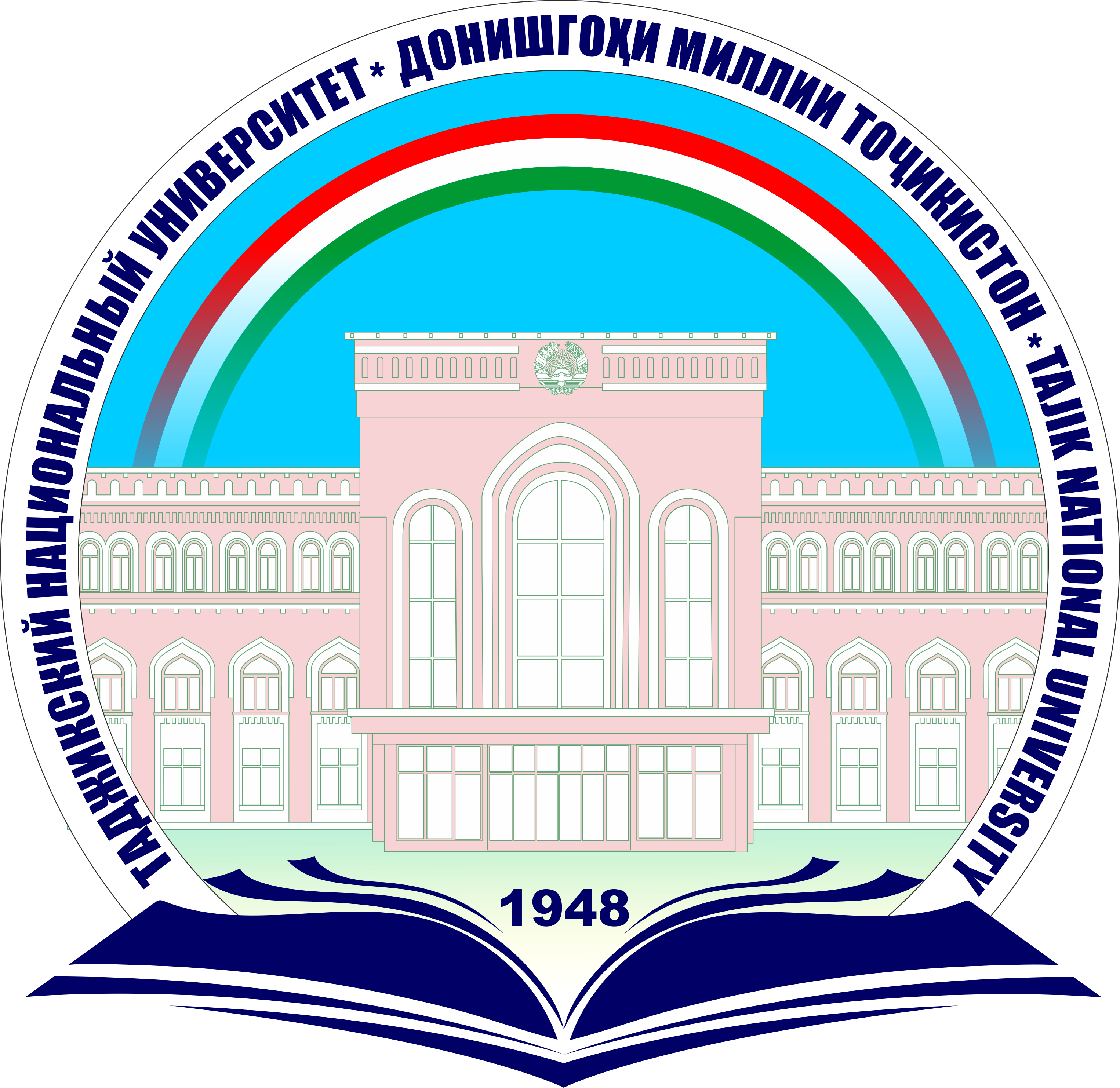The activities of the Scientific and Methodological Council are aimed at the implementation of regulatory legal documents in the field of higher professional education, the Charter of the University, the decision of the Academic Council and orders and orders of the Rector of the University and in order to gradually improve the quality of education, improve the qualifications of teachers, find ways and advanced teaching methods, as well as use of innovative technologies in the learning process.
The duties and powers of the Scientific and Methodological Council of the University include: determining the prospects and directions of the current educational and methodological activities of the university; coordination of educational and methodological activities of teachers and employees of faculties, departments and structures of the university in the direction of developing and improving the draft curricula, educational programs, teaching and methodological guidelines, guidelines, compiling textbooks, developing standards for assessing students’ knowledge; development of reliable scientific recommendations on the organization and improvement of educational and methodological work, taking into account current university areas, specialties and qualifications; development and provision of methodological recommendations for the preparation of normative documents of the university related to educational and methodological work (draft minimum requirements for the content of the State Educational Standards for Higher Professional Education, draft work plans, typical and experimental classes, development of academic educational programs (syllabuses, a set of questions and answers) control (examination), rating questions and answers, preparation of documents for the calculation of the state block and the distribution of the teaching load of teachers, university regulations and guidelines); participation in the development of recommendations for improving the republican classification of specialties, the order of specialties and qualifications for which specialists with higher university education are trained; provision of scientific and methodological developments on the use of innovative technologies in the educational process in order to adapt the course of university education to the global educational environment (credit system of education, distance learning, the use of computer technology and the Internet in the educational process, familiarization with nanotechnologies and other information and communication tools ); analysis and summing up the results of the level of education of students, development of guidelines for monitoring and controlling the quality of education and certification of students; analysis of the results of scientific and methodological work of teachers and employees of faculties, departments, constituent structures, individual teachers on the reconstruction of the educational process and the introduction of scientific developments in the educational process; studying the best practices of teachers and employees of faculties, departments, individual teachers of universities and educational institutions of the republic and abroad in organizing the process of educational and educational work and its implementation through scientific and methodological university events (conferences, scientific and methodological seminars, development of scientific and methodological university collection, methodological report, creative activity of teachers); preparation, summing up and control of educational, educational-methodical, industrial, scientific-technological, scientific-industrial, pre-diploma practices of students and masters (sociological surveys, questionnaires, methodological conferences, etc.); development of recommendations to improve the level of theoretical and practical training of university specialists, etc.
The Council is headed by the First Deputy, Vice-Rector for Education (Chairman), Vice-Rector for Science, directors of institutes of the University, heads of departments of education, science and technical innovations, heads of departments of the education department, secretary of the scientific and methodological council, chairmen of the methodological council of faculties, including experienced and novice teachers.






